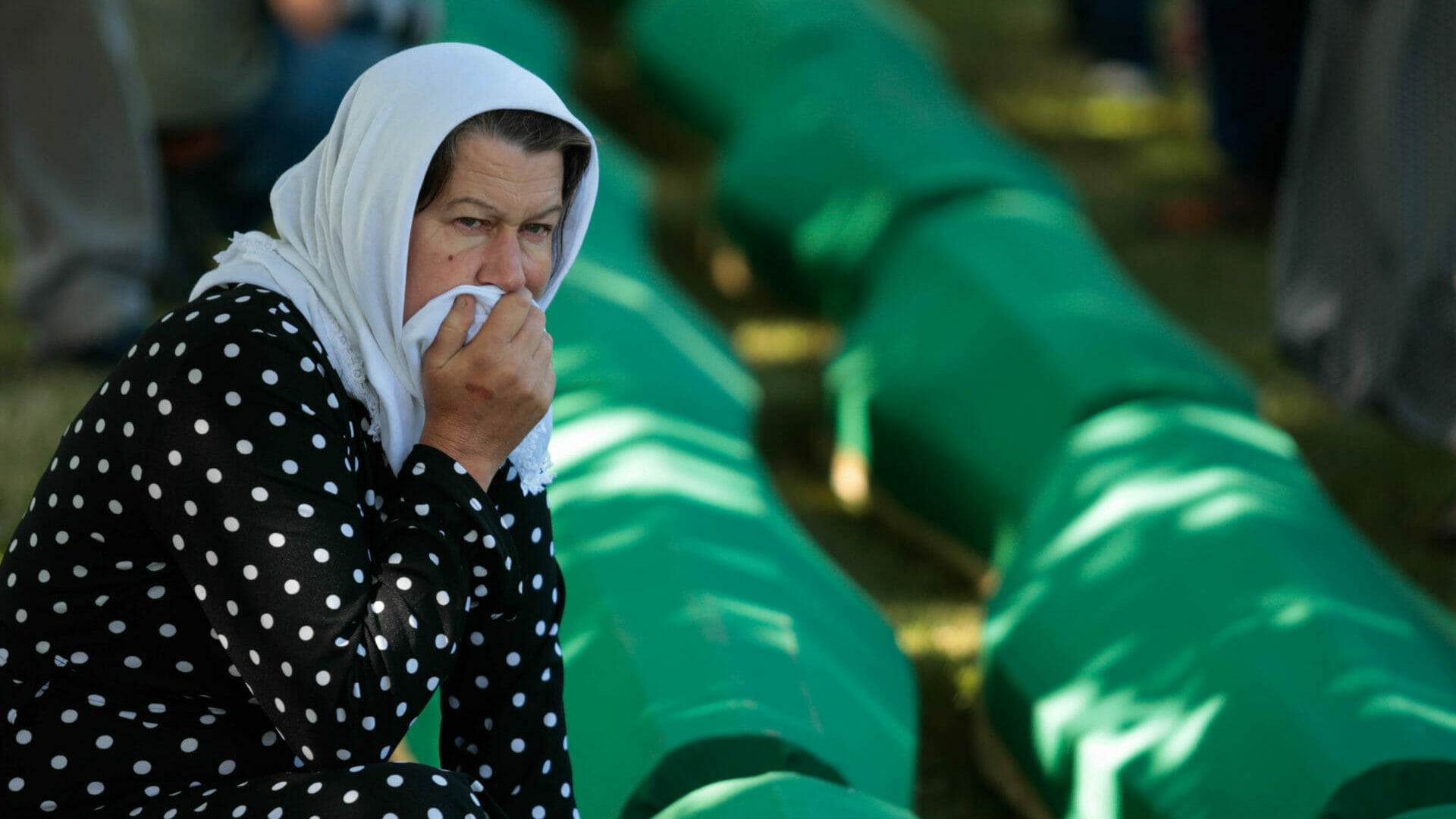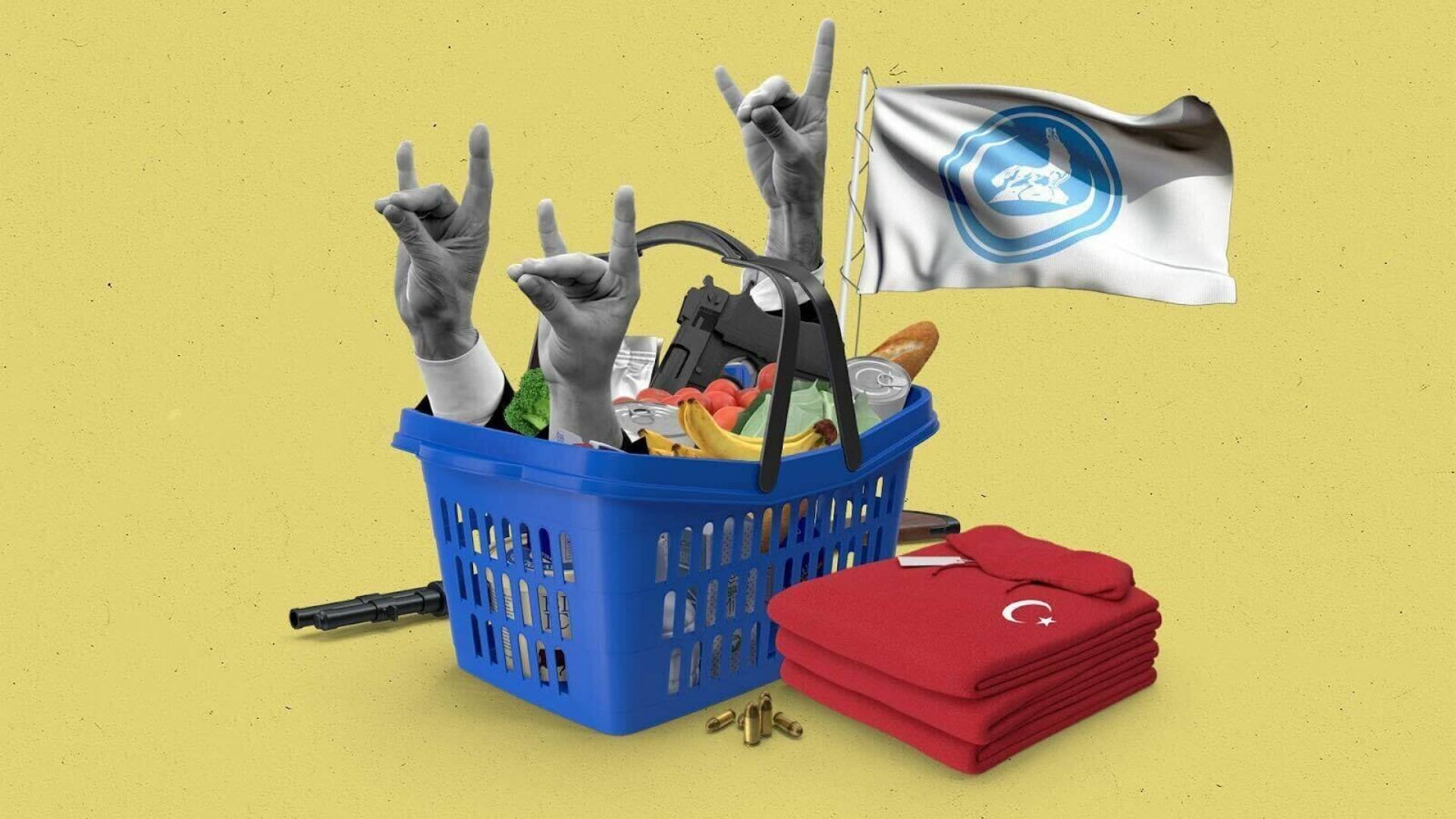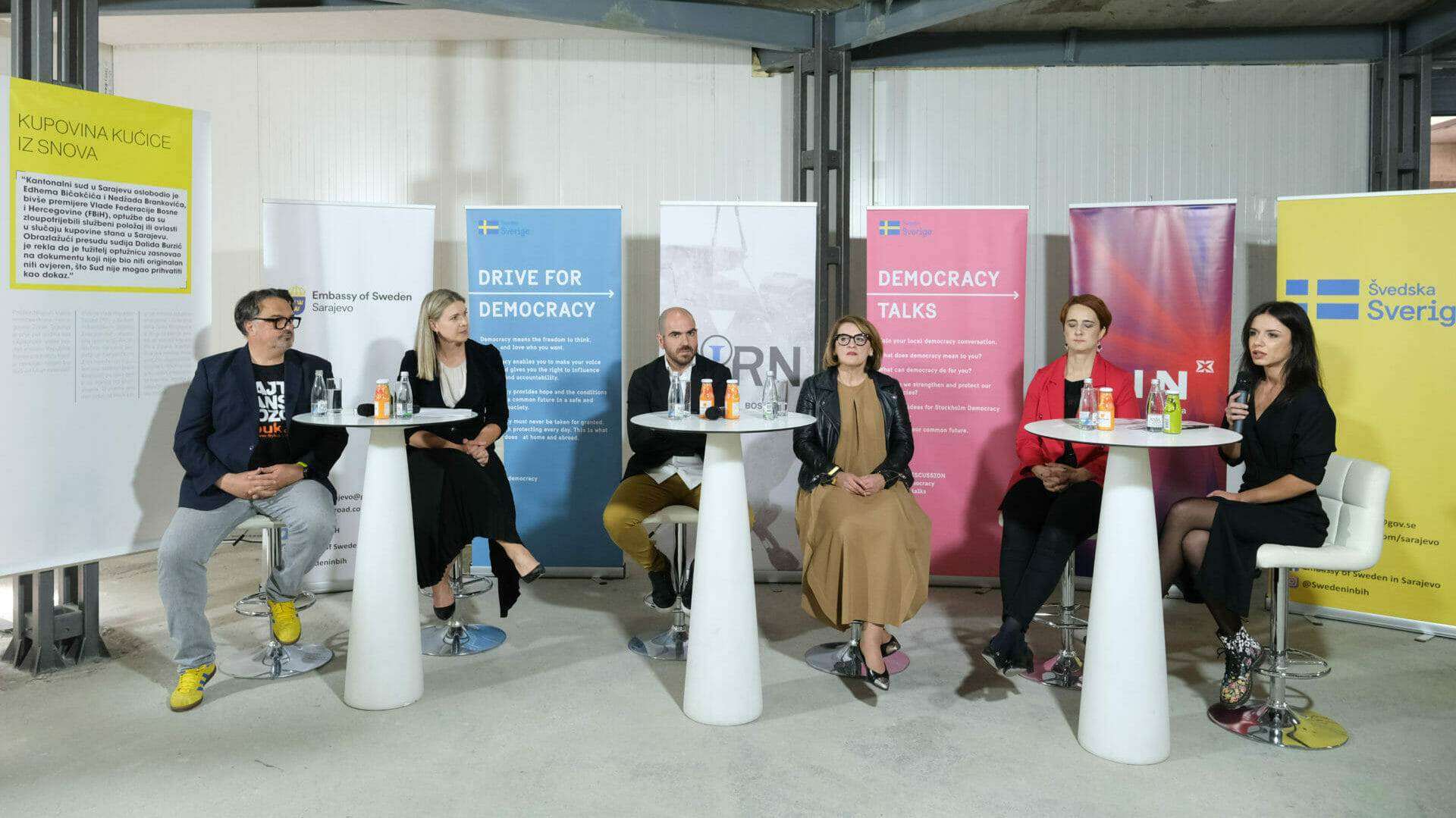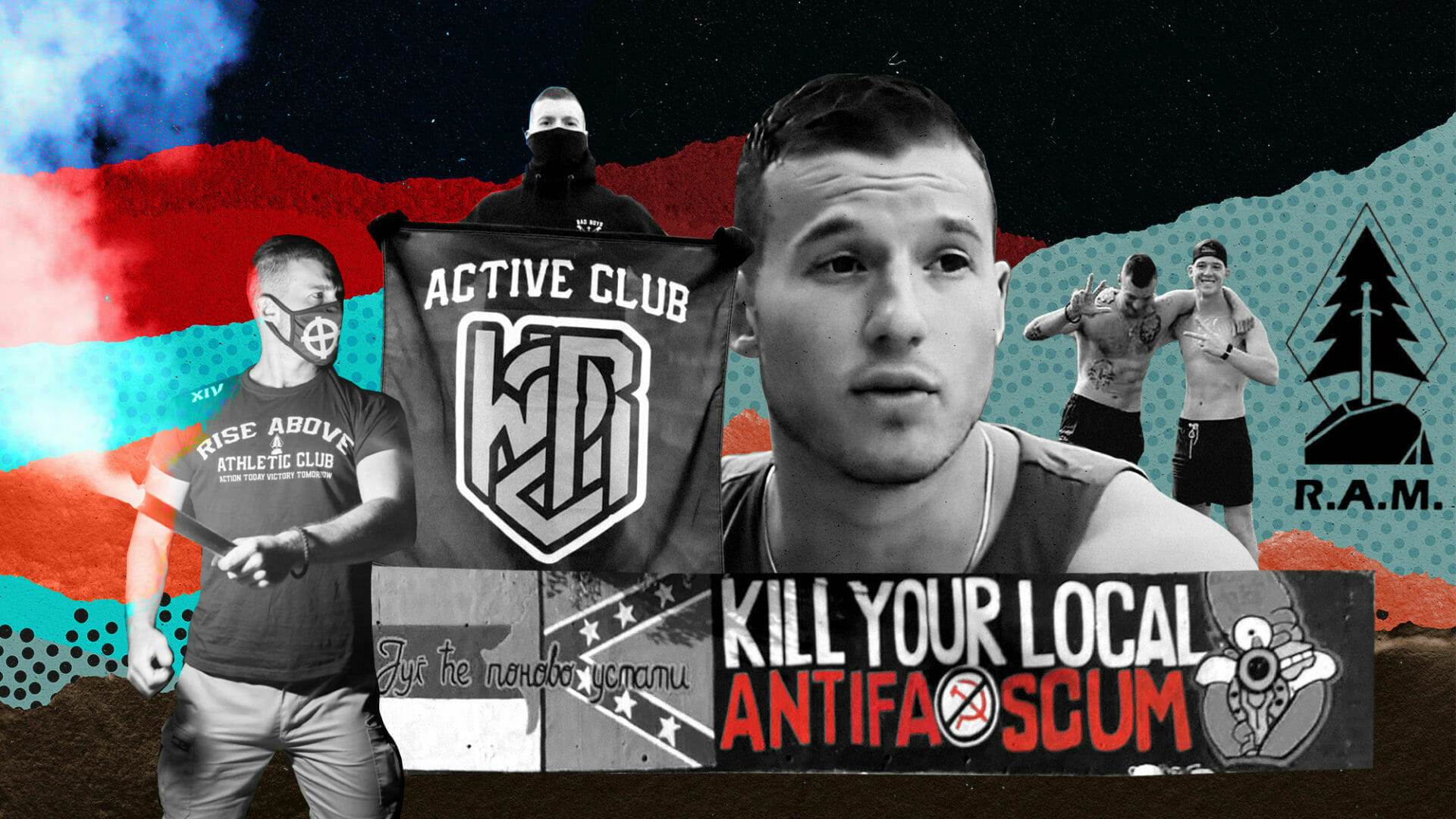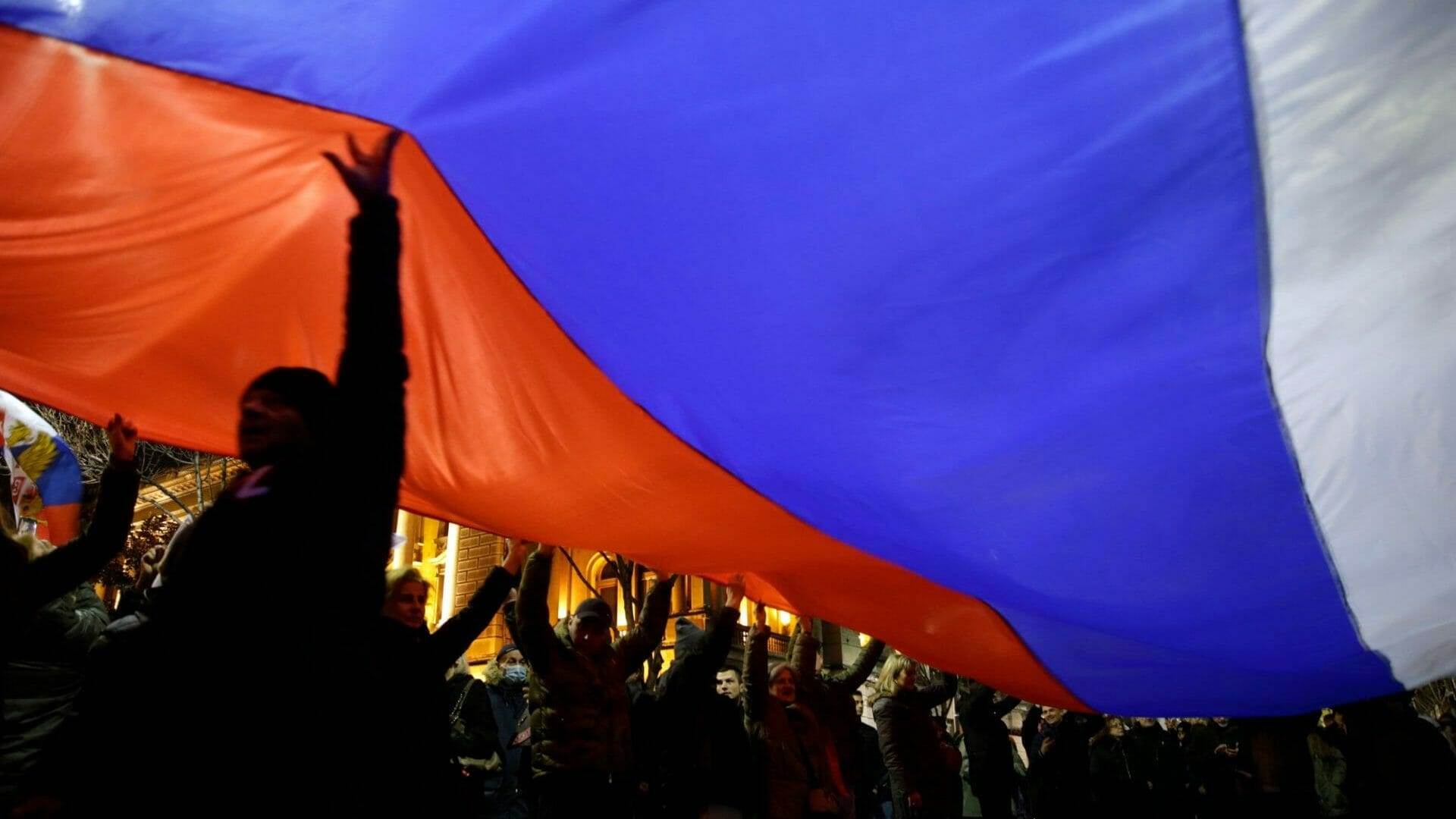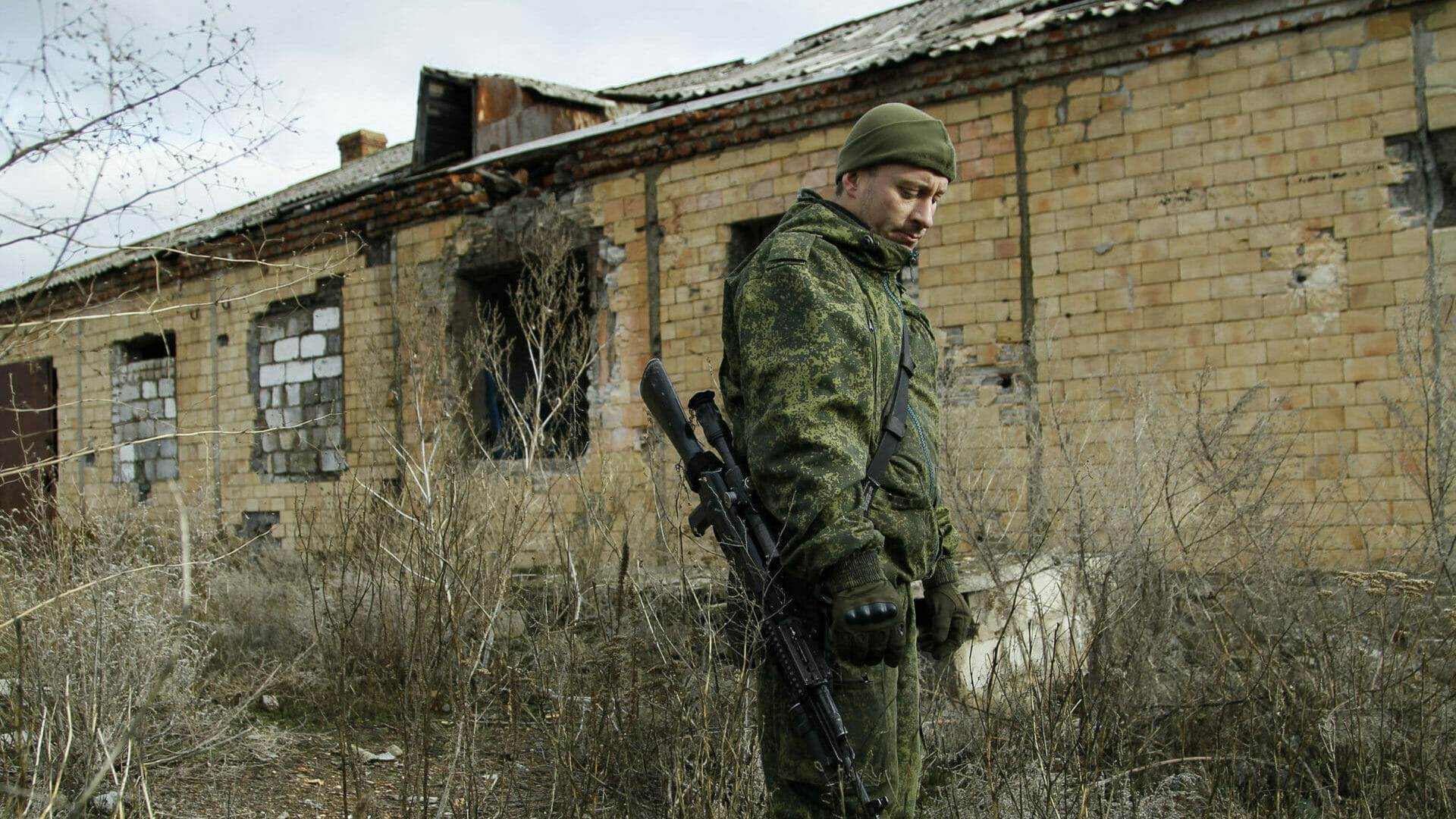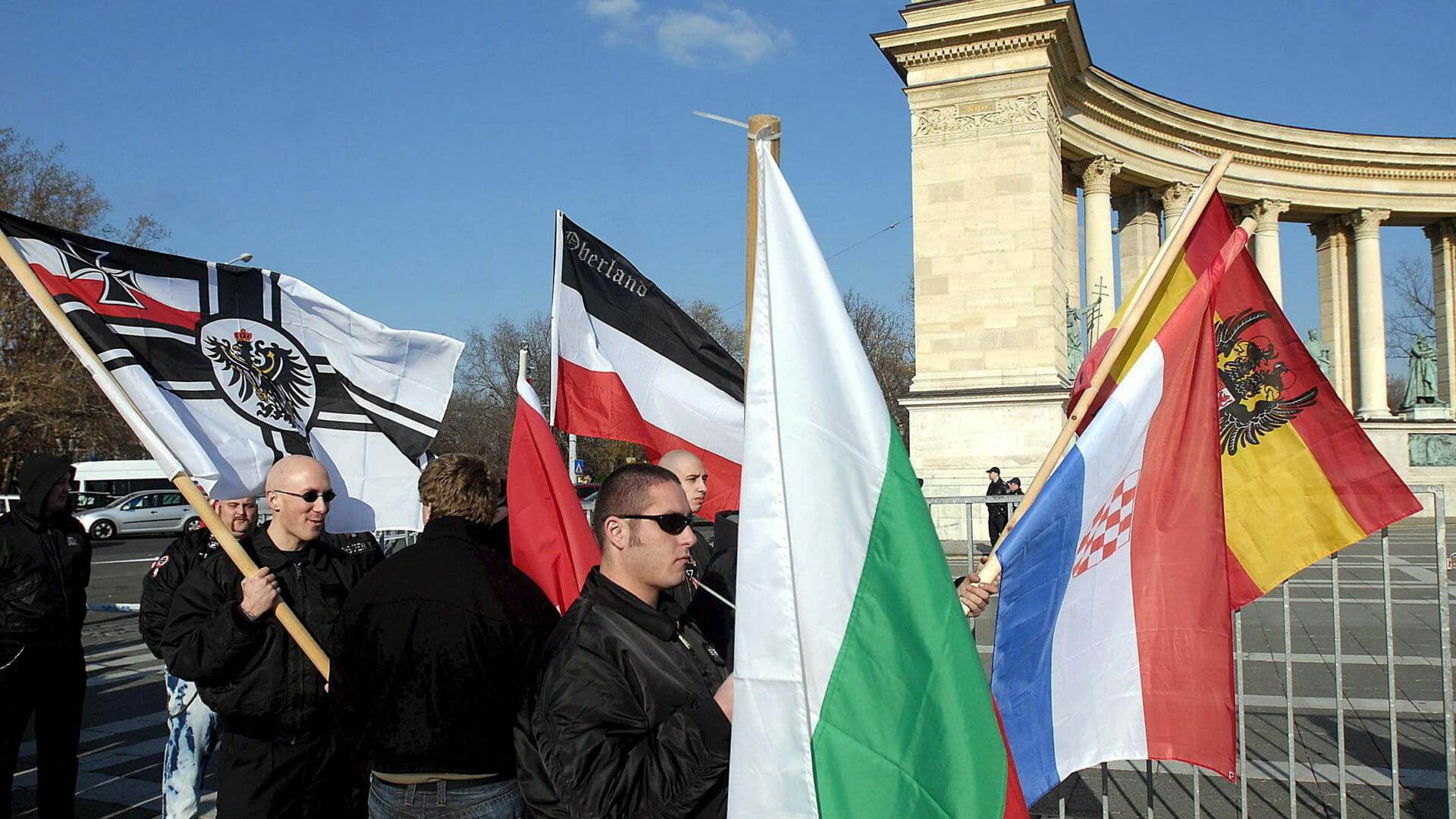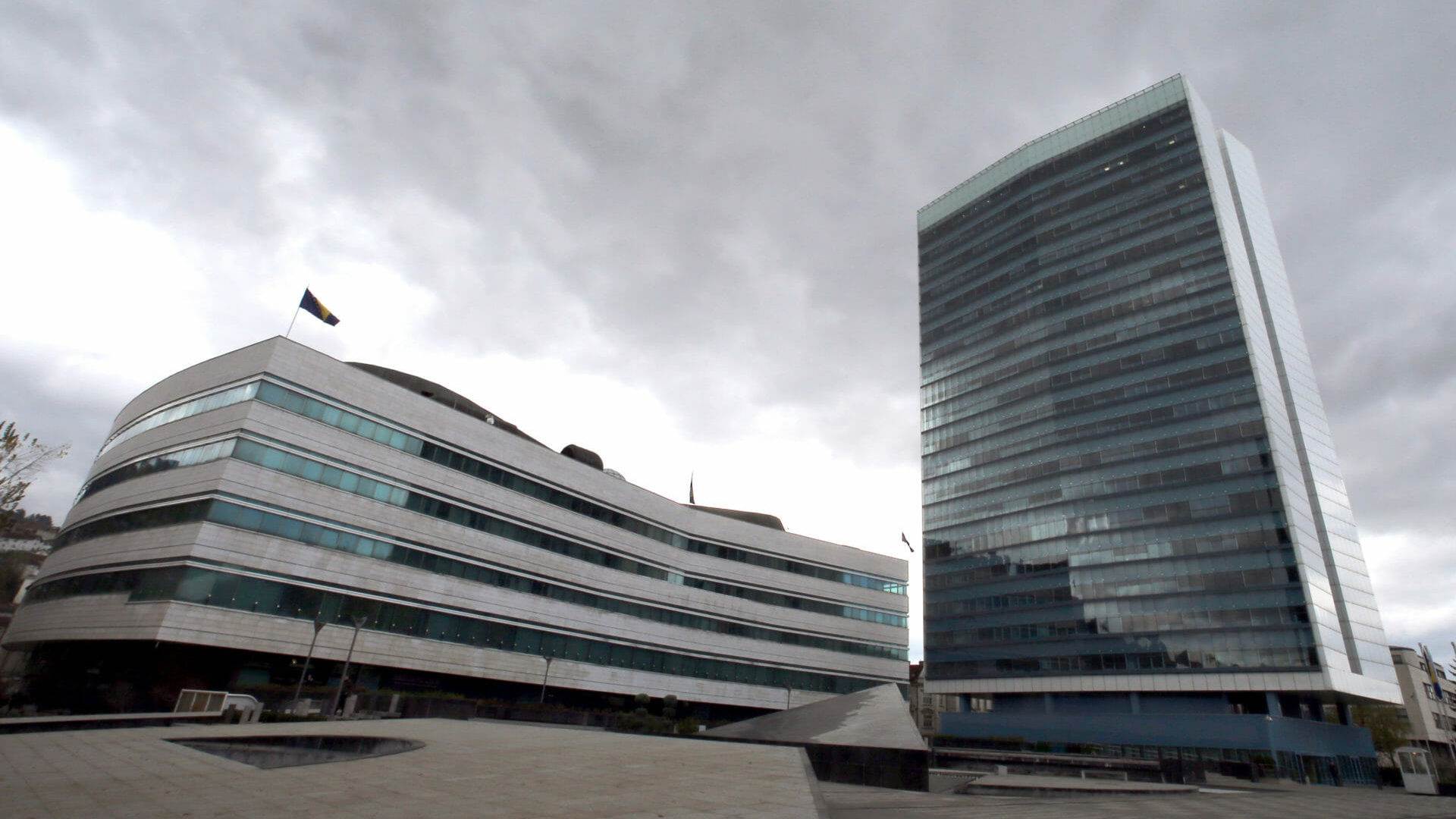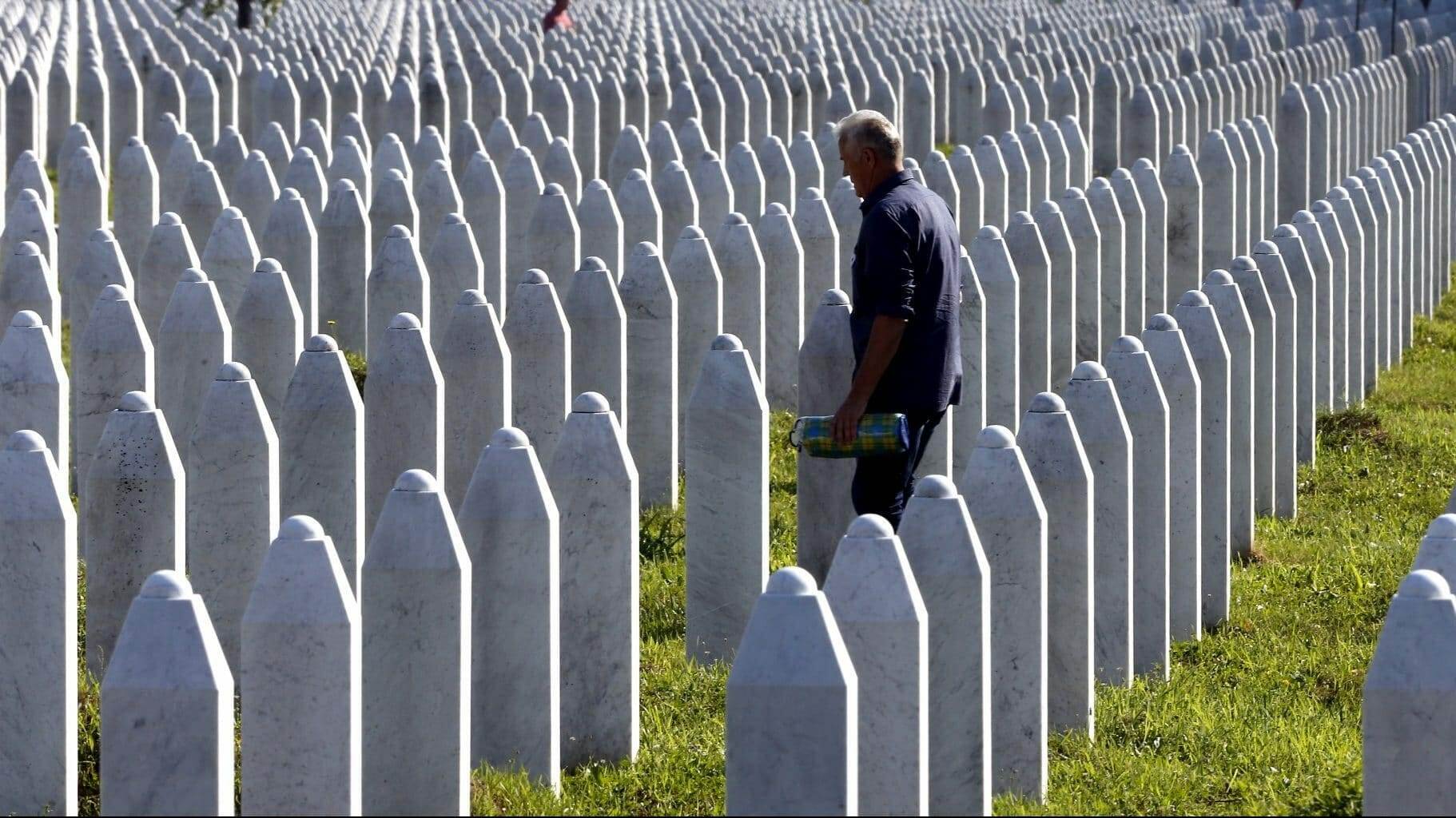As the July 1995 massacre by Bosnian Serb forces was marked at the Srebrenica Memorial Centre, international officials condemned continuing genocide denial and glorification of war criminals.
An extreme nationalist organisation from Turkey set up a Bosnian branch whose leader helped President Recep Tayyip Erdogan’s regime target opponents from the so-called Gulenist movement for extradition, BIRN has...
Media and watchdog organisations in Bosnia and Herzegovina have exposed numerous scandals that have never been prosecuted, as evidenced by many investigative pieces put on display at an exhibition in...
Though officially expelled from Serbia in February 2021, US right-wing extremist Robert Rundo has managed to forge ties with a host of like-minded individuals and organisations active in Serbia, Kosovo...
Far-right Serb organisations, some known to flirt with neo-Nazism, have rallied in support of the Kremlin’s vow to ‘denazify’ Ukraine, winning applause from like-minded groups in Russia.
Appeals for volunteers from Bosnia and Serbia to join pro-Russian forces in Ukraine are getting a strong response on social media – but how many are actually going is less...
‘Day of Honour’, held in memory of Nazi garrison in besieged Budapest at end of World War II, is prohibited this year – with police citing extremism and fears for...
Having focused before on the threat of Islamic extremism, experts say Bosnia must now address right-wing dangers. But it faces resistance.
Historian Gideon Greif, who headed a Bosnian Serb government-funded commission that published a report on Srebrenica denying that genocide was committed, said he will issue a clarification confirming that 8,000...
